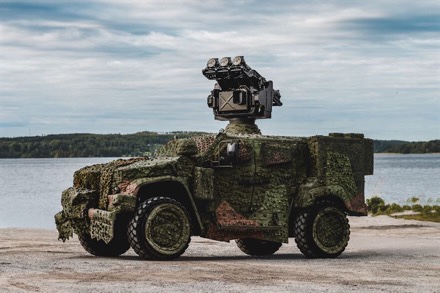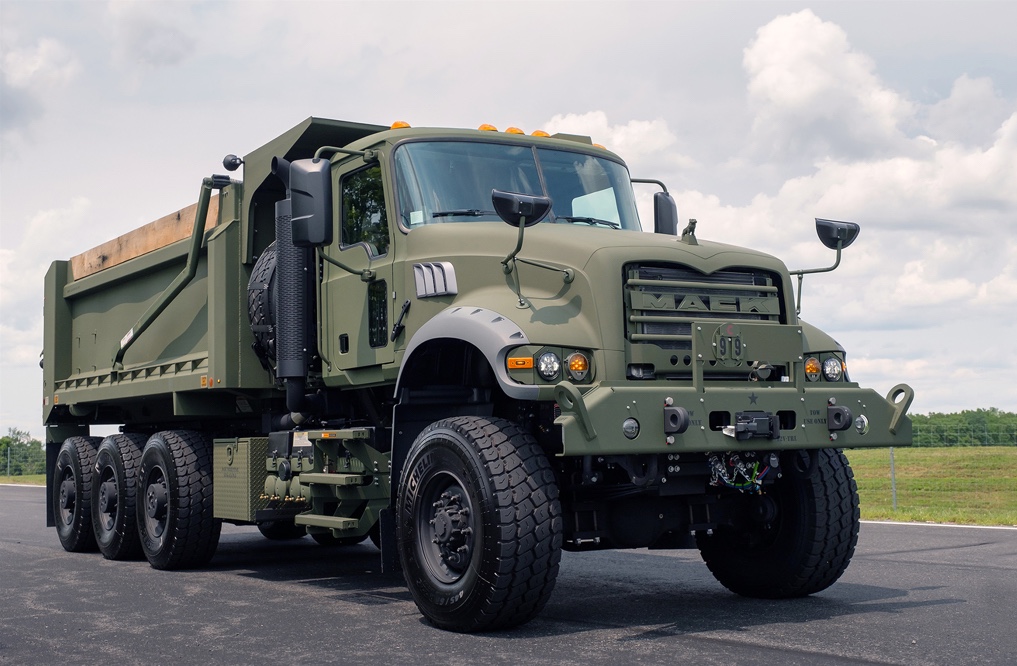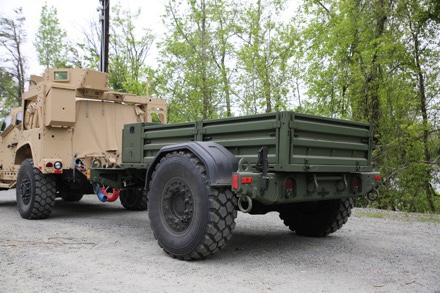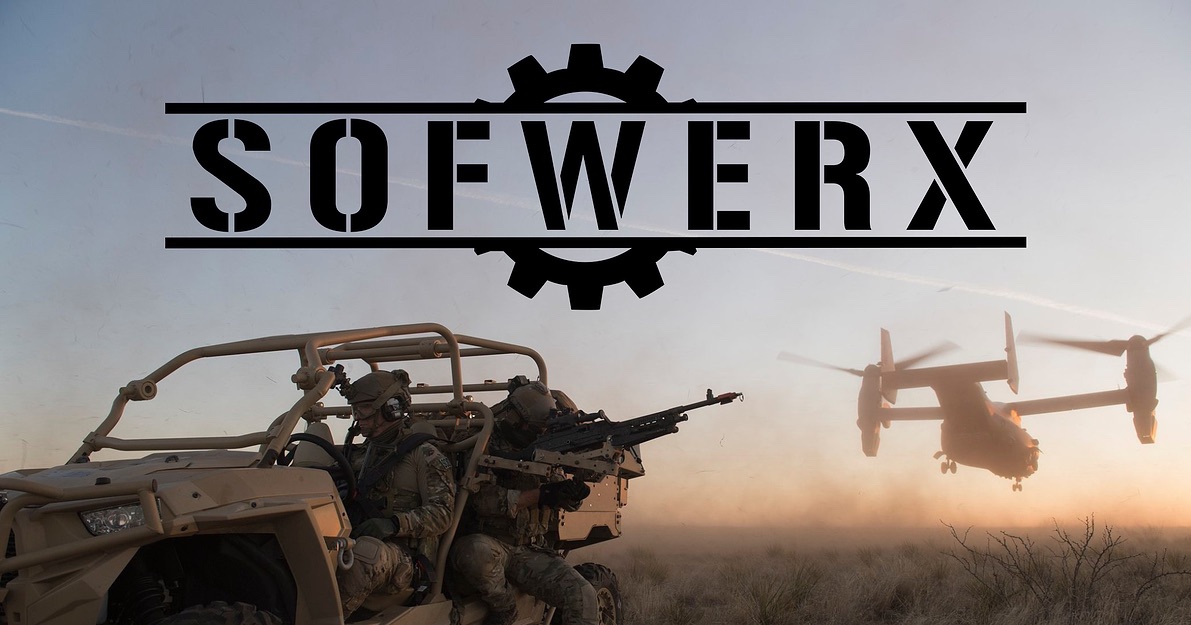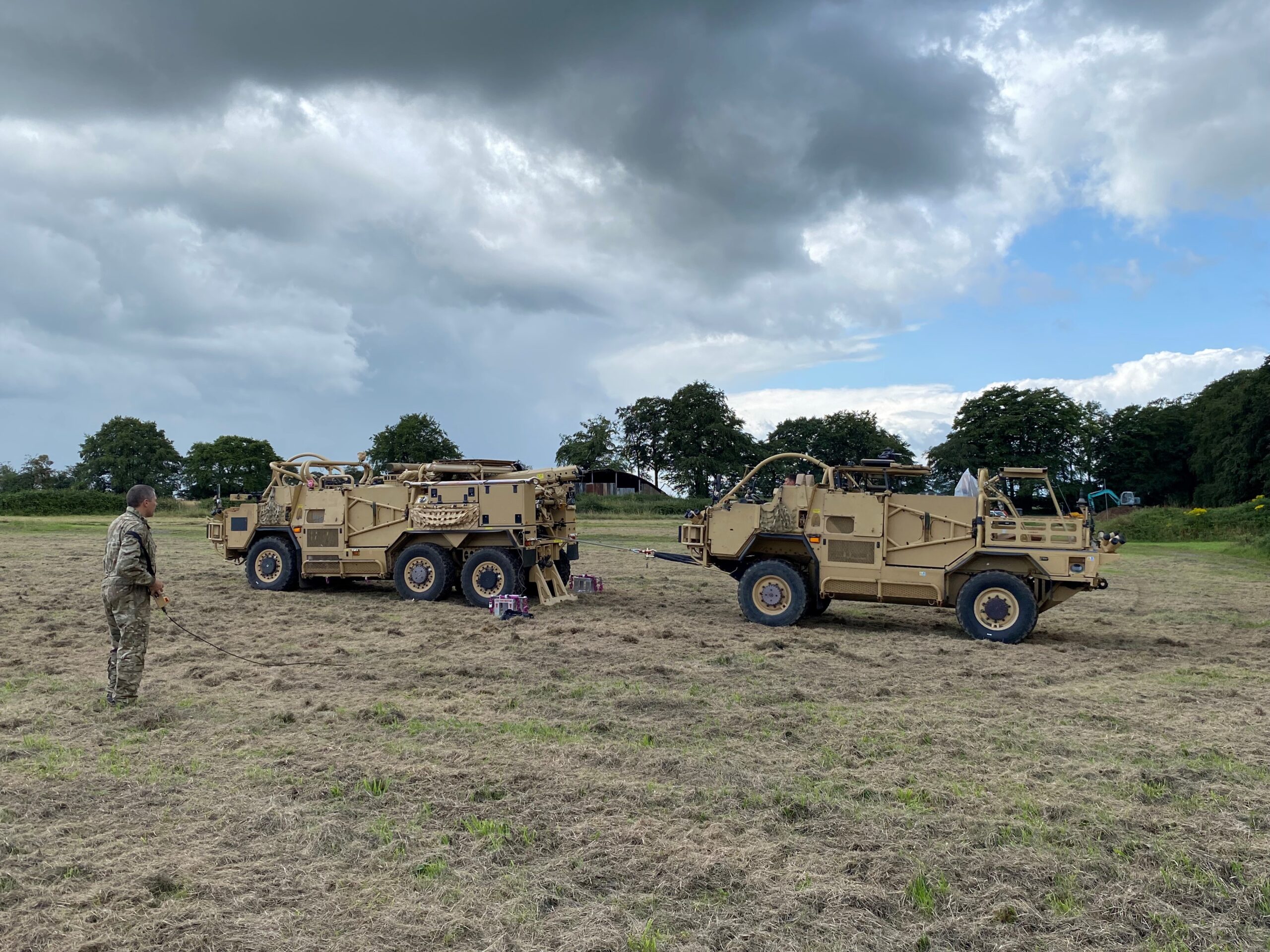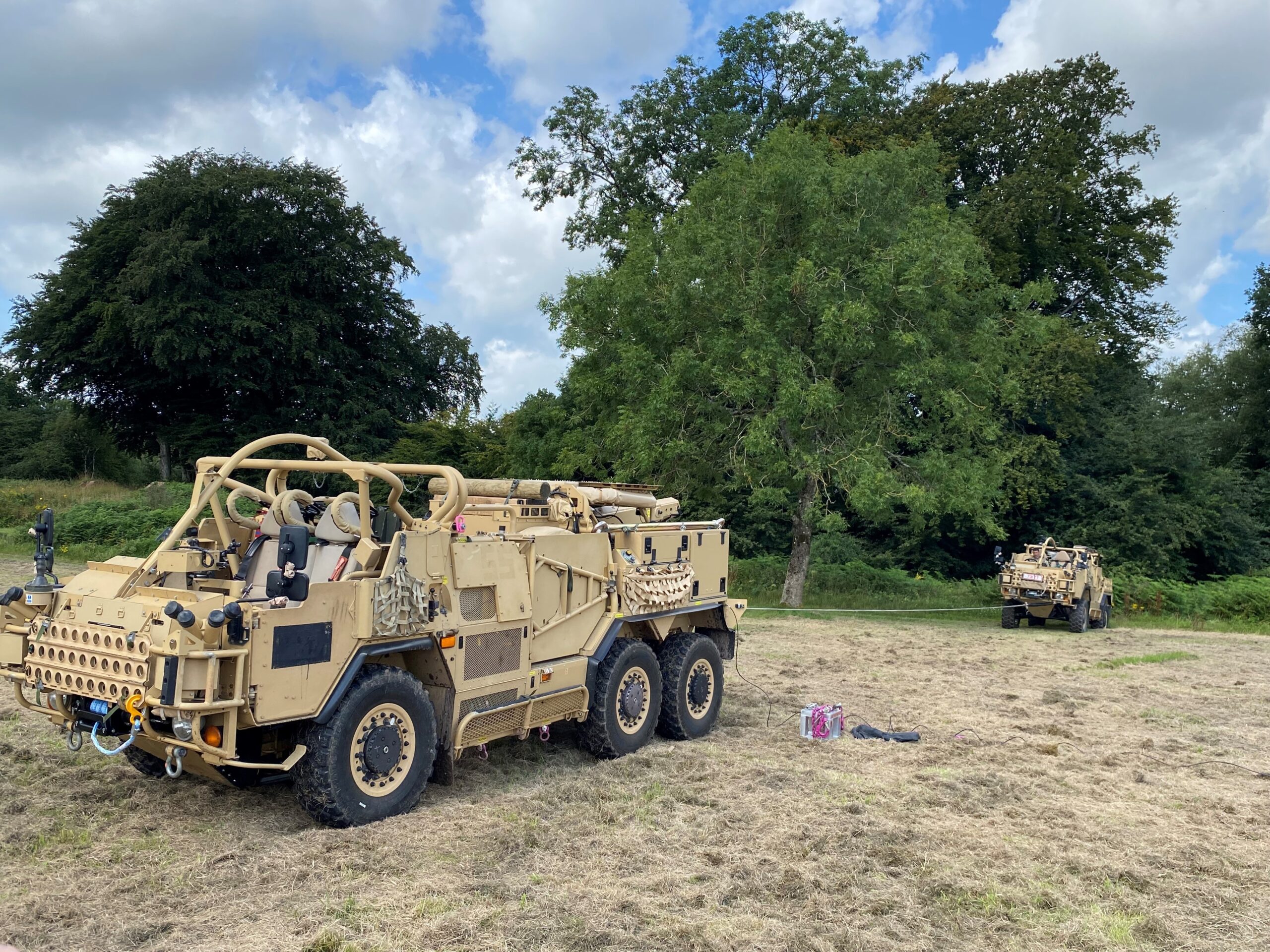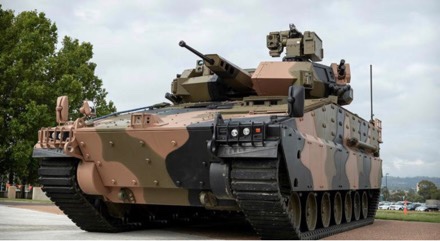Minneapolis – July 11, 2023 – Polaris Government and Defense has been awarded a contract to provide its DAGOR ultralight tactical vehicle to Romania. More than 50 of the off-road and internally transportable vehicles will deliver enhanced tactical mobility to Romanian Armed Forces for current and emerging threats. Romania, a NATO member country, will receive the vehicles via the U.S. government’s foreign military sales (FMS) program, which seeks to build up forces and allies around the world, most recently with an emphasis in the European Command (EUCOM). The contract also includes upfit and spare parts for the vehicles as well as operator and maintenance training, which will be conducted in-country by Polaris field service representatives.
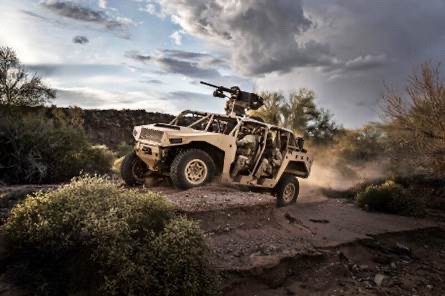
Interoperability is critical in today’s conflicts, and the Polaris DAGOR provides platform commonality to the special mission community, with customers around the world including U.S. forces, Canadian Special Operations Forces Command (CANSOFCOM), multiple European militaries and additional global forces. Polaris military vehicles have become force multipliers for expeditionary forces by extending mission range while mitigating operator fatigue and increasing mission readiness and capability.
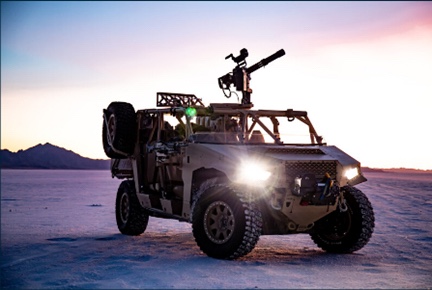
Proven and reliable DAGOR ultralight tactical vehicles provide exceptional off-road mobility, payload and transportability – carrying warfighters and their gear, for a total payload of up to 4,000 pounds (1,814 kilograms). DAGOR uses a readily available commercial off-the-shelf (COTS) driveline, controls and components like a diesel/JP8 engine selected for its ideal combination of power, weight and size.
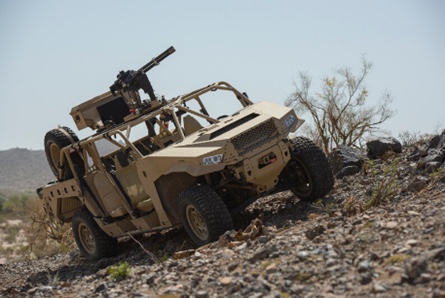
The DAGOR has a flexible and modular design that allows it to fulfill numerous missions and be reconfigured with shifting environments and evolving threats. The open design of the cargo bed maximizes loading space, flexibility and access for mission-essential equipment. An increased ride height – even at full payload – provides better obstacle clearance and improves off-road mobility.
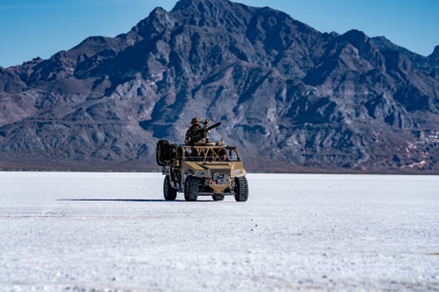
DAGOR’s unique design and use of commercial components allows for ease of operation, maintenance and sustainment in support of combat operations. DAGOR can also be rapidly deployed and maintains airdrop, sling-load and internal tactical air transportability on CH-47 and CH-53 helicopters as well as internal transport aboard C-130 Hercules.
Polaris delivers a unique offering to Romanian Armed Forces – the company’s expertise in off-road mobility produces military vehicles that are designed for austere environments, allowing Romanian warfighters to travel through harsher off-road conditions at full payload at a faster pace than any other vehicles in this class. Romanian Armed Forces also have Polaris MV850 all-terrain vehicles and MRZR turbo diesel ultralight all-terrain vehicles.
Arctic mobility is also crucial for expeditionary and special operations forces and these specialized teams around the world turn to Polaris and its snowmobiles and modified tactical vehicles. An Arctic Mobility Package is now available for the MRZR Alpha. The fully enclosed cab and tracks expand the environments the MRZR Alpha can operate in and increase an already wide range of terrain for which it is well-suited. Polaris Snowmobiles can extend the reach of the operators in environments that would usually take days to cover on foot. Snowmobiles are an invaluable tool in deep snow and snow-covered mountainous terrain, which is normally a challenge for large-scale military movements. Titan and Pro-RMK snowmobiles have been modified to include blackout drive, IR light, winch kit and tow hitches – further increasing the ability to navigate treacherous terrain and reach remote areas efficiently.
Polaris designs and manufactures the most capable light tactical military vehicles available today with technology development and insertion for the battlefield of tomorrow. No one knows light off-road mobility like Polaris. Polaris light tactical vehicles – the MV850, MRZR turbo diesel, Alpha and DAGOR – support more than 50 military forces which is a testament to the capability gap these vehicles fulfill. These platforms provide unmatched off-road capability while also being intuitive to operate, simple to maintain, highly transportable and easy to globally support.
